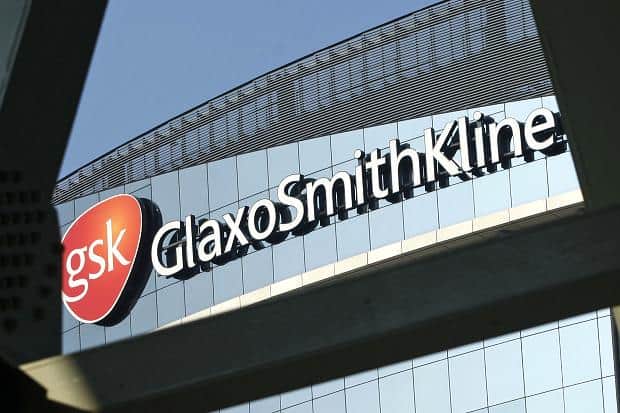
GSK tops pharma league for access
pharmafile | November 17, 2014 | News story | Sales and Marketing | Africa, GSK, Novo Nordisk, access, market, vaccines
GlaxoSmithKline is basking in some good news after topping the league table of pharma companies which do the most to improve access to drugs in developing countries.
The Access to Medicine Index 2014 has put GSK first – for the fourth consecutive year – with Novo Nordisk close behind in second place.
Compiled by the Access to Medicine Foundation, the methodology has been developed with support from academics, NGOs, investors and governments, and pharma companies have been “more transparent with their data and more open about their challenges than ever before”, the Netherlands-based organisation says.
While GSK leads the overall table, data is broken down into seven different areas such as pricing, where Gilead Sciences comes first for implementing equitable pricing strategies more closely targeted toward poor population groups within countries.
One key issue on which pharma needs to do better is public policy and market influence. “Scores are generally low in this area,” the report warns. “There is a clear gap between companies’ stated commitments to ethical behaviour and what actually happens in practice.”
Apart from Gilead and AbbVie, all companies have been the subject of settlements or decisions relating to corruption, ethical marketing or competition this year, “despite almost all having codes of conduct to govern employee behaviour”.
GSK does well on R&D, as does Johnson & Johnson, and the report praises the top five companies in that section for developing many of their products on access-oriented terms.
Access to Medicine Foundation founder and chief executive Wim Leereveld points to pharma’s improving record generally on tackling TB, hepatitis C and neglected tropical diseases.
“These developments show us how much we need the entrepreneurial power of pharmaceutical companies to address access to medicine,” he insists. “But while it is clear that companies have a role to play, there is still no sustainable model for ensuring the poorest patients have access to the medicine they need.”
GSK chief executive Sir Andrew Witty says: “People rightly expect us to do all we can to discover, develop and price our medicines and vaccines so they are accessible to those who need them, wherever they are in the world.”
He points to the company’s work on a new Ebola vaccine and agreements with Save the Children to develop child-friendly medicines as proof of GSK’s commitment.
Praising the Index, Sir Andrew adds: “It challenges us to think harder about how we drive innovation and enable access to our products.”
Adam Hill
Related Content

GSK shares results from phase 3 trial for gonorrhoea treatment
GSK has announced positive results from its phase 3 EAGLE-1 trial for gepotidacin, a potential …

GSK’s meningococcal vaccine candidate accepted for FDA review
GSK has announced that the US Food and Drug Administration (FDA) has accepted for review …

CHMP recommends Novo Nordisk’s Awiqli for diabetes treatment
Novo Nordisk has announced that the European Medicines Agency’s (EMA) Committee for Medicinal Products for …







